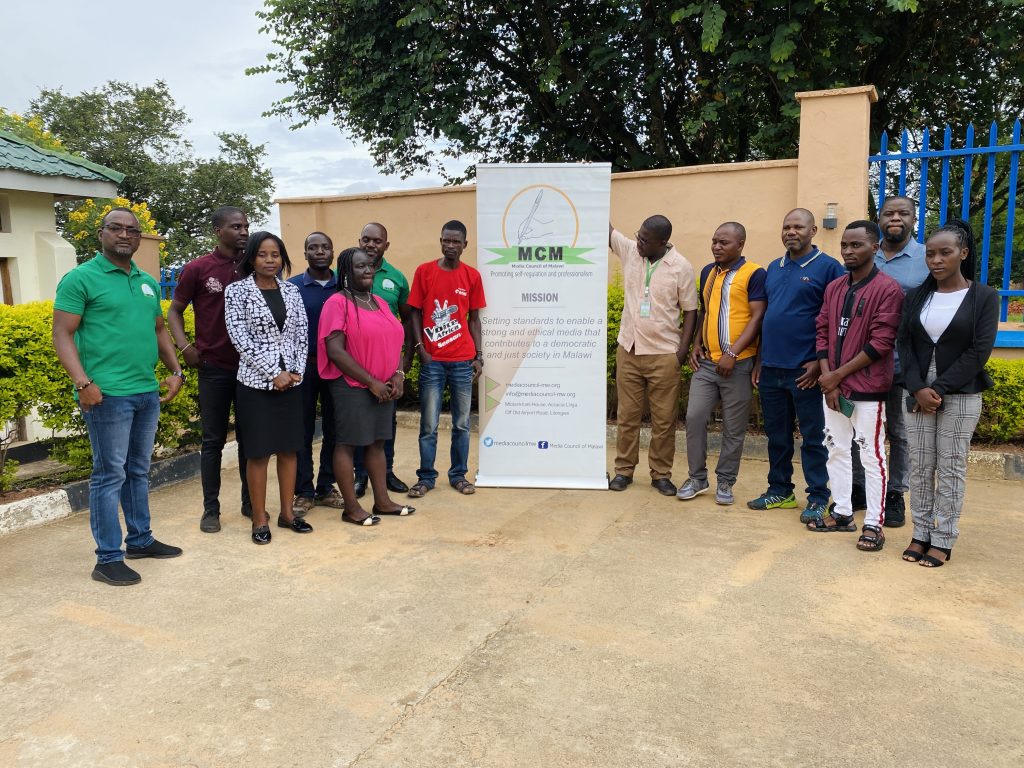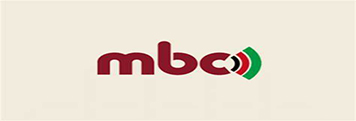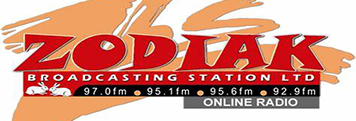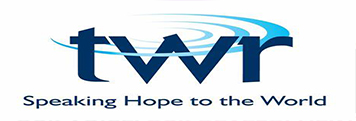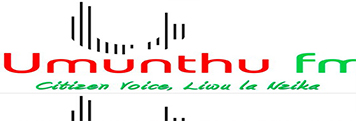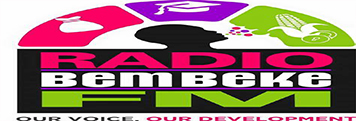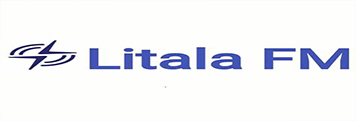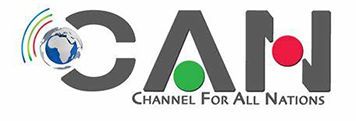Journalists from several community radio stations in the northern region participated in a media training in Mzuzu, organized by the Media Council of Malawi, focusing on Access to Information and Digital Literacy.
The training aimed to deepen journalists’ knowledge of information access and digital literacy, equipping them to report in a more responsible and effective manner.
Speaking at the training, Executive Director of the Media Council of Malawi Moses Kaufa, stressed the importance of journalists adhering to the core principles of journalism. He encouraged them to use the right to information and the Access to Information (ATI) law to enhance the professionalism of news reporting.
Kaufa emphasized the significance of access to information, noting its role in promoting transparency and accountability, empowering citizens to make informed decisions, increasing participation in public life and democratic processes, and supporting the fight against corruption.
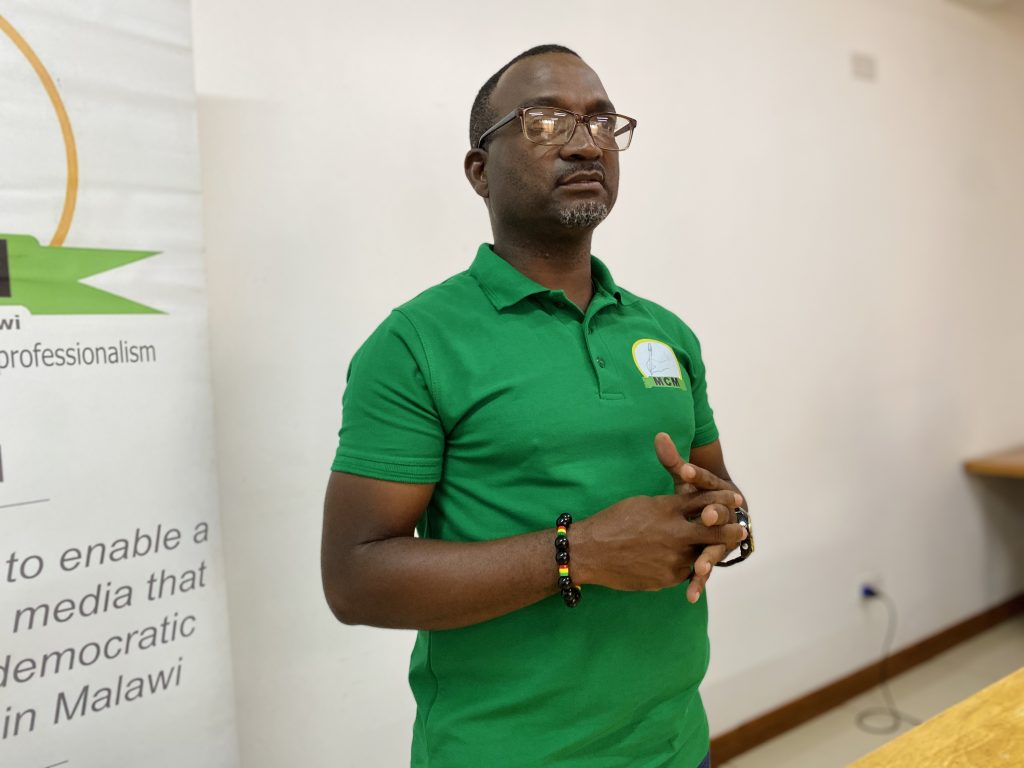
He also encouraged media practitioners to move beyond merely writing and embrace a culture of reading, as many documents contain valuable information that can help them carry out their duties more effectively.
Media trainer and investigative journalist Suzgo Chitete led participants through the Access to Information law and the international standards for access to information, explaining how journalists can request information from authorities. He outlined the law’s objectives, including granting the right to access information held by public bodies and relevant private organizations. Chitete also detailed the processes and procedures for obtaining information and emphasized the importance of public bodies disclosing information in line with constitutional principles of public trust and good governance. Additionally, he highlighted that certain information is not publicly available but stressed the importance of media practitioners verifying such details and consulting experts when necessary.
The trainer explained that by using the Access to Information Act to request information from authorities, media professionals can ensure accuracy in their reporting and build trust with their audiences. He encouraged media practitioners to inspire their communities to begin requesting information from authorities as well.
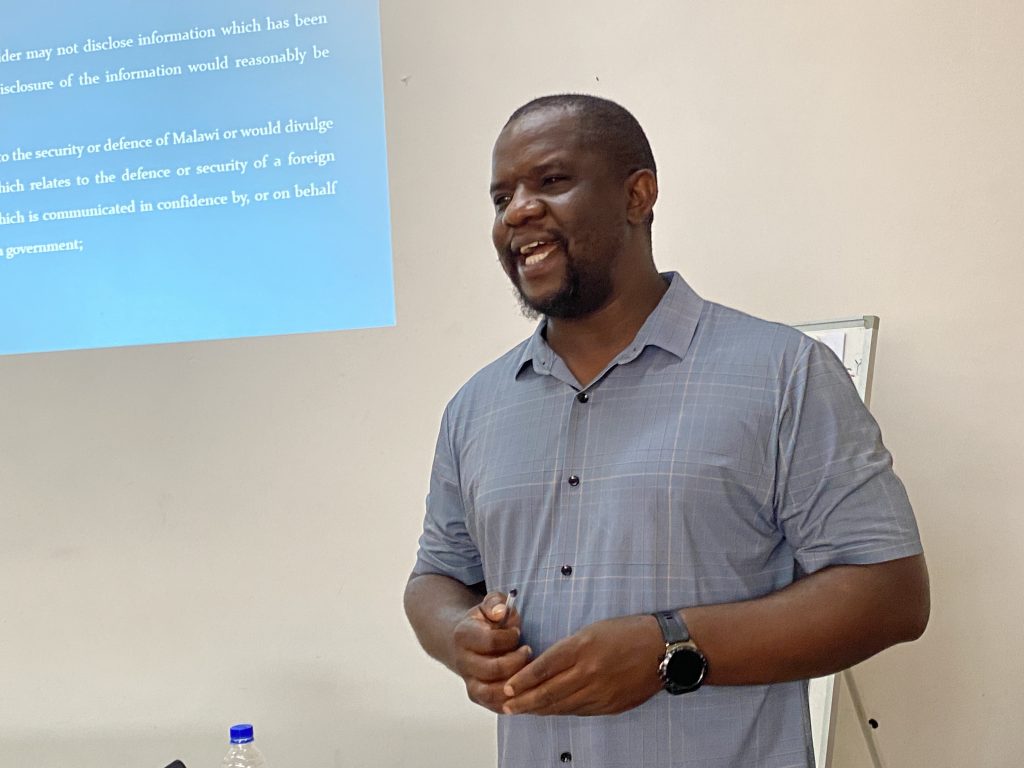
Chitete also guided participants through digital literacy and the fact-checking process, stressing the importance of verifying statements and cross-checking records. With the country entering an election period this year, he emphasized that journalists must uphold accuracy to ensure the public receives reliable information..
“There is always the issue of misinformation. In order to know if the information you are getting is true, you should always verify. Whether you like it or not, someone out there is consuming information every day.”
The initiative is part of a project led by the Media Council of Malawi under the IPDC framework, with funding from UNESCO. The project aims to strengthen the community media sector, ensuring its long-term sustainability and stability.

